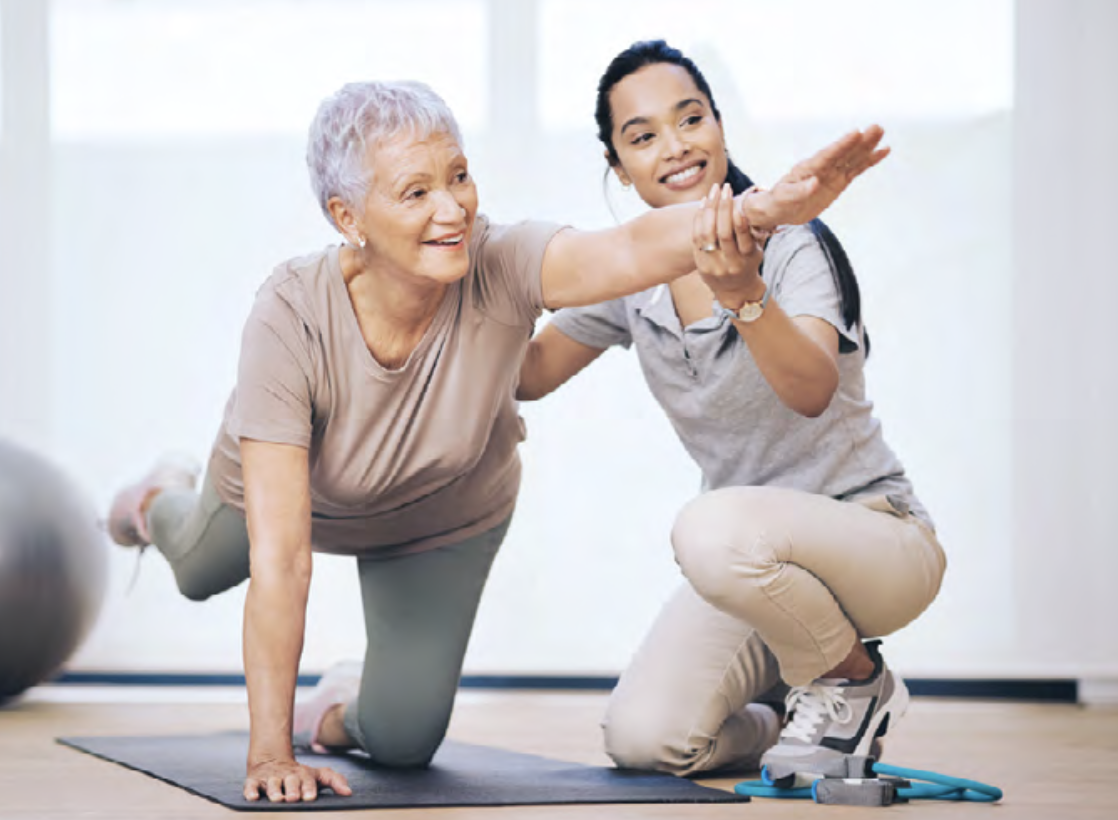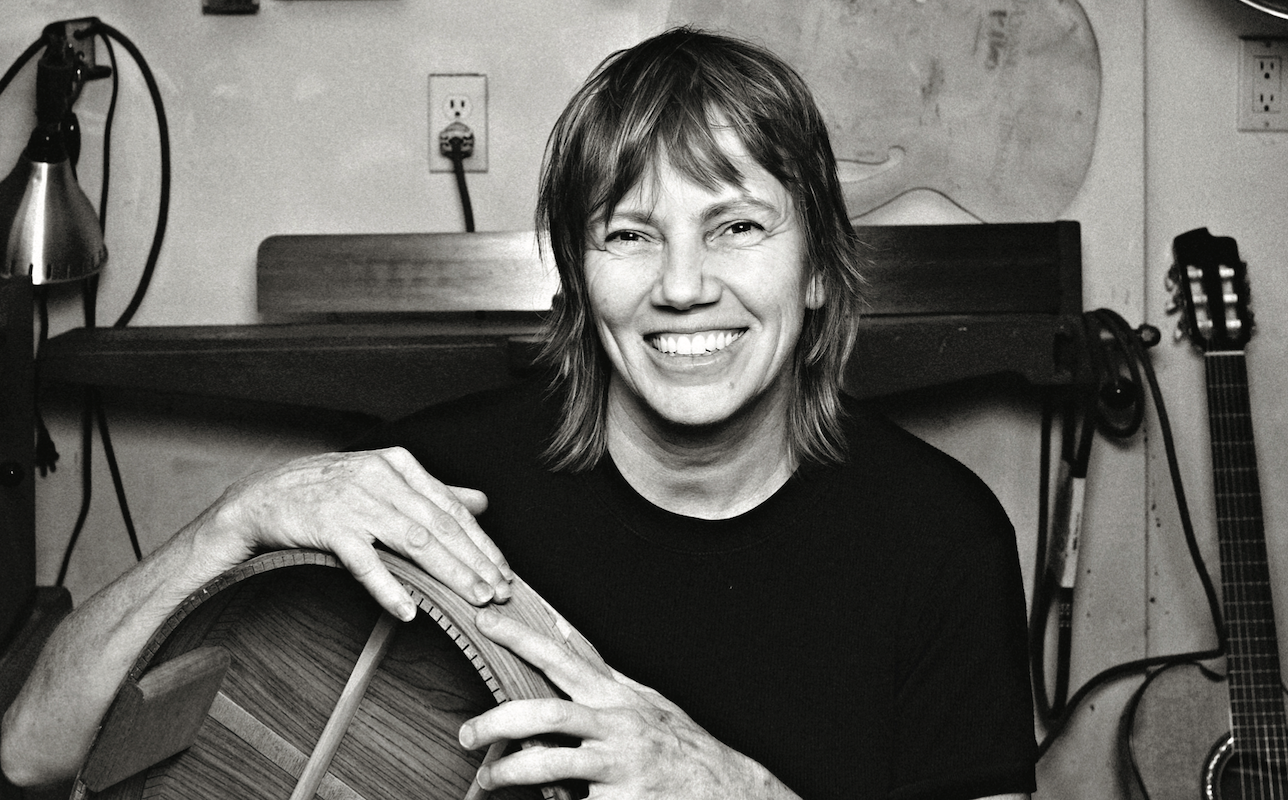By Wendy Haaf
An impaired sense of balance can result in a loss of independence or even a fall. While exercise and physical activity are crucial to improving your balance, it’s also worth considering how to modify other risk factors for falls.
Other things that can potentially impair your balance include:
Environmental issues: “Home hazards such as clutter and area rugs” pose potential hazards, notes Khrista Boon, program supervisor of the SMART (Seniors Maintaining Active Roles Together) Exercise and Fall Prevention Program in Windsor, Ont., offered by the Victorian Order of Nurses. And even if your vision is normal, age-related changes make it more difficult to see in darker conditions, so poor lighting in areas such as hallways or porches can make falls more likely.
Physical problems: “Dehydration, poor nutrition, and lack of or poor-quality sleep can affect balance,” Boon says. The same goes for “ill-fitting footwear and improper use of or not using mobility aids.”
Lack of awareness: According to Boon, rushing and not paying sufficient attention to what you’re doing can increase your likelihood of falling. The SMART Program works on instilling mindfulness of the body’s position in relation to its surroundings and moving with intention.
Emotional factors: Fear of falling is a known risk for falls, but this may not be entirely due to the fact that it can prevent people from doing the types of physical activity needed to maintain strength and balance. “A study looked at how much error people have in their balance standing on the ground versus on a platform six feet up in the air,” says Devon Konrad, a registered physiotherapist and vestibular physiotherapist in Ladner, B.C. While off the ground, participants had “increased heart rate and increased stress response and showed more error in their balance.” This implies that our emotions, such as fear, can impair balance.
Statistics on Falls
According to the Public Health Agency of Canada’s 2022 Surveillance Report on Falls Among Older Adults in Canada:
- Falls accounted for 87 per cent of injury-related hospitalizations in Canadians 65 or older in 2018–2019.
- 5.8 per cent of Canadians aged 65 or older reported that they had experienced a serious injury resulting from a fall in the past year between 2017 and 2018.
- 61 per cent of fall-related injuries occurred while the person was walking, and just 18 per cent of these happened while the person was walking on ice or snow.
- 34 per cent of fall-related hospitalizations among older Canadians in 2019–2020 involved a hip fracture.






